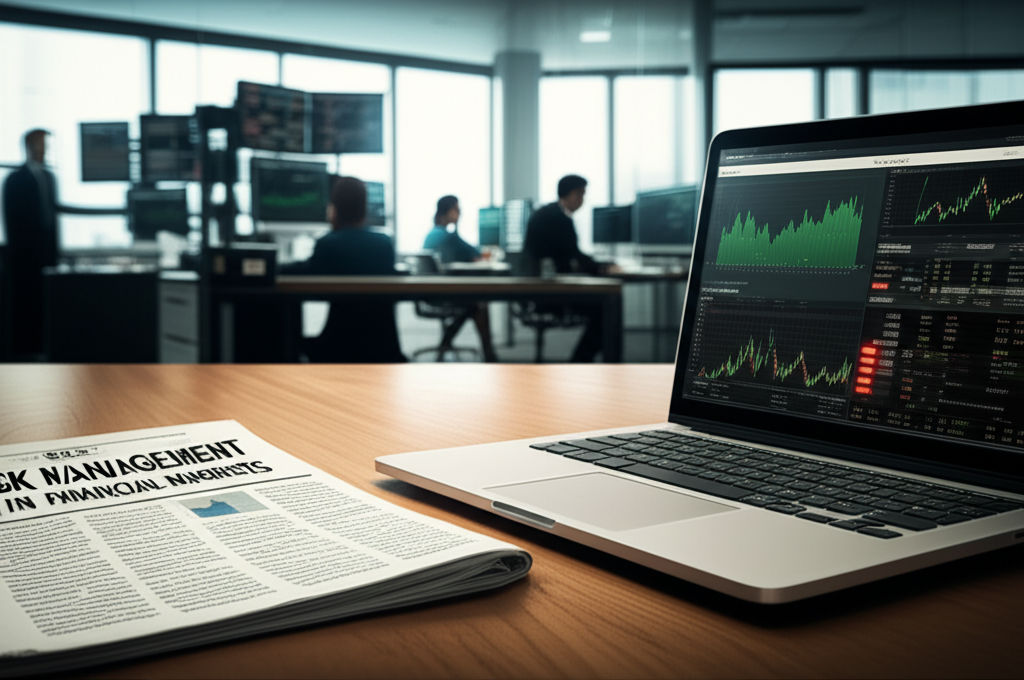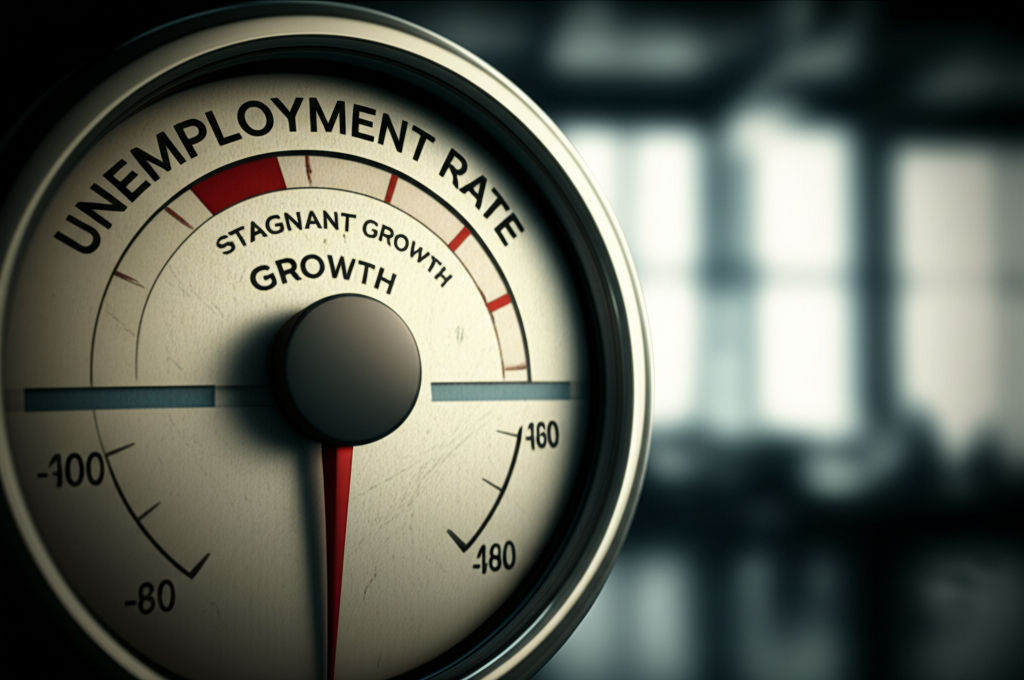The Future of Business: Key Trends
Emily Willis
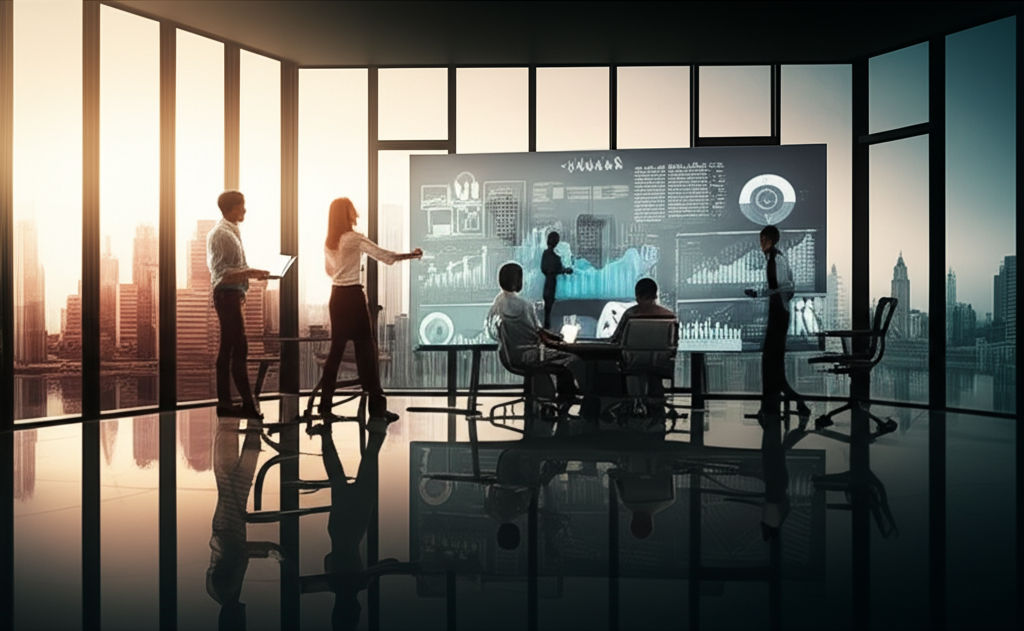
Photo: The Future of Business: Key Trends
The future of business is rapidly evolving, driven by transformative forces that reshape industries and redefine operational paradigms. As we look towards 2025 and beyond, several key trends are emerging, demanding strategic adaptation from businesses of all sizes. These shifts are not merely incremental changes but fundamental reconfigurations of how organizations operate, interact with customers, manage their workforce, and contribute to the broader global ecosystem. Companies that proactively understand and integrate these trends into their core strategies will be best positioned for sustained growth and resilience in an increasingly dynamic world.
This article delves into the critical trends shaping the future of business, offering insights and actionable steps for navigating this exciting yet complex landscape.
The AI Revolution: Driving Efficiency and Innovation
Artificial Intelligence (AI) is no longer a futuristic concept; it's a present-day game-changer that is redefining the business landscape across industries. Businesses are increasingly integrating AI to enhance efficiency, drive innovation, and transform decision-making processes. The global AI market is projected to reach significant figures by 2030, underscoring its growing importance.
AI-Powered Automation and Hyperautomation
One of the most immediate impacts of AI is in automation. AI-powered tools and platforms are streamlining workflows, automating repetitive tasks, and boosting overall efficiency across departments. This includes everything from data entry and document processing to customer inquiries through AI-enabled chatbots and virtual assistants. By automating routine tasks, businesses can free up human resources to focus on more strategic, high-value activities, leading to reduced errors and lower operational costs. In 2025, hyperautomation, which involves implementing solutions for real-time insights and efficiency, will take another leap forward.
Enhanced Data Analytics and Predictive Insights
AI's ability to process and analyze vast datasets in real-time is transforming data analytics. Machine learning algorithms can uncover hidden patterns, correlations, and emerging trends from structured and unstructured data, leading to sharper predictions and strategic decisions. This capability allows businesses to make data-driven decisions faster, anticipate challenges, and seize opportunities for growth and innovation. For instance, e-commerce companies can leverage AI to analyze sales data, search trends, and customer reviews to develop predictive models, enabling proactive adjustments to production, inventory, and marketing campaigns.
AI in Customer Experience (CX) and Personalization
AI is revolutionizing how businesses interact with customers, leading to hyper-personalization and improved customer experiences. Customers now expect tailored experiences, and AI allows companies to analyze extensive customer data—including browsing behavior and purchase history—to generate customized product recommendations, targeted marketing campaigns, and personalized offers. This level of personalization strengthens customer relationships, fosters loyalty, and drives repeat purchases. Companies are leveraging AI-powered customer service, including intelligent chatbots and predictive analytics, to provide quick responses and faster resolutions, which are highly valued by consumers.
The Evolving Workforce: Flexibility, Skills, and Well-being
The future of work is undergoing a rapid transformation, driven by technological advancements and evolving employee expectations. The traditional workplace norms are being rewritten, with significant implications for how businesses recruit, manage, and engage their talent.
Hybrid and Remote Work Models as the New Standard
The shift to hybrid and remote work models has become a permanent fixture in the modern workplace. Businesses are adjusting their models to offer in-person and remote flexibility, supporting both work-life balance and employee satisfaction. This flexibility offers numerous benefits, including improved work-life balance, access to a broader talent pool beyond local labor markets, and potential cost savings on office space. Companies are focusing on creating structures that support individual productivity and team cohesion in these distributed environments, leveraging virtual collaboration platforms and asynchronous communication tools.
Reskilling, Upskilling, and Addressing Skills Gaps
The fast pace of technological change, particularly with the rise of AI and automation, has made skills gaps a major issue across industries. To stay adaptable and competitive, companies are prioritizing reskilling and upskilling initiatives to help employees acquire the necessary skills for evolving roles. This approach also aids in talent retention by offering clear development paths. Analytical thinking, resilience, flexibility, agility, leadership, and social influence are among the most sought-after core skills, alongside technology-related skills like AI and big data, networks, and cybersecurity.
Focus on Employee Well-being and Engagement
As workplaces evolve, there's a sharper focus on employee well-being and mental health. Loneliness, for example, is emerging as a significant business risk, not just a well-being challenge. Organizations are exploring ways to foster connections and support among employees, recognizing that prioritizing employee well-being can lead to higher morale, reduced turnover, and improved business outcomes. Building and sustaining company culture in hybrid environments requires consistent communication, team-building activities, and clear articulation of company goals and values.
Sustainability and Ethical Business Practices: A Core Imperative
Sustainability is no longer a niche concern or a mere buzzword; it has become a fundamental pillar of successful business strategies and a key driver of consumer behavior. Businesses are under increasing pressure from consumers, investors, and regulators to adopt more sustainable and ethical practices.
ESG (Environmental, Social, and Governance) Integration
Environmental, Social, and Governance (ESG) criteria are now core to supply chain strategies and overall business operations. Companies are reassessing their operations to lower carbon footprints, adopt renewable energy sources, and ensure traceability throughout their processes. Sustainable practices, such as minimizing waste and optimizing resource usage, are not only regulatory requirements but also attract environmentally conscious consumers and investors. Businesses are increasingly viewing sustainability as a competitive differentiator and a pathway to long-term cost reductions through efficiency gains.
Circular Economy and Responsible Consumption
The shift from a traditional "take-make-waste" model to circular economy systems is gaining traction. This involves designing products for durability, reuse, and recycling, minimizing waste, and keeping resources in use for as long as possible. Consumers are becoming more selective, buying into shared values, and calling out brands for "greenwashing" – making false or misleading claims about their environmental practices. This heightened consumer awareness necessitates genuine commitment to sustainability and transparency in business practices.
Ethical AI and Data Practices
As AI becomes more integrated into business, the importance of ethical AI practices is growing. Business leaders must become architects of an ethical and strategic vision, ensuring that AI is integrated into the organizational culture in a way that benefits both the company and society. This includes ensuring ethical compliance with AI, addressing potential biases in algorithms, and maintaining transparency in how AI uses data.
Supply Chain Resilience and Agility: Navigating Global Disruptions
Recent global events have underscored the critical importance of robust and agile supply chains. In 2025 and beyond, supply chain resilience is paramount for businesses to withstand and recover from disruptions.
Diversification and Nearshoring
To build resilience, businesses are implementing strategies such as supplier diversification and nearshoring. Diversifying suppliers reduces dependency on a single region or provider, while nearshoring (locating production and distribution closer to consumer markets) shortens supply chains, improves lead times, and minimizes exposure to international risks. This proactive approach helps companies guard against demand surges, supply shortages, and geopolitical instability.
Technology for Supply Chain Visibility and Optimization
Technological advancements, including AI, predictive analytics, IoT (Internet of Things), and blockchain, are transforming supply chains by enhancing visibility, efficiency, and decision-making.
- AI and Machine Learning are revolutionizing supply chain planning, enabling greater precision in forecasting demand and market fluctuations, and fostering quicker, more informed decision-making.
- Digital Twins offer virtual replicas of physical supply chain processes, allowing for simulation and optimization.
- Blockchain enhances traceability and transparency across the supply chain, building trust among stakeholders.
- IoT sensors provide real-time data on inventory, shipments, and equipment, allowing for proactive management and optimization.
Integrated Ecosystems and Collaboration
The future of supply chain resilience depends on continuously evolving collaborative networks and connecting diverse stakeholders, including suppliers, logistics providers, technology partners, and customers. Real-time data sharing within these integrated ecosystems improves transparency, risk-sharing, and agility.
Cybersecurity: A Non-Negotiable Core Business Function
As digital transformation accelerates and businesses become increasingly interconnected, cybersecurity is no longer just an IT concern but a critical core business function. The evolving cyber threat landscape, coupled with growing regulatory requirements, demands a proactive and holistic approach to security.
Evolving Threat Landscape and AI-Powered Attacks
Cybercriminals are employing increasingly sophisticated techniques, including AI-powered tools, to craft highly personalized phishing emails and more complex ransomware attacks. The sheer volume and complexity of cyberattacks are rising, with significant financial and reputational consequences for businesses. Small businesses, often with weaker security measures, are particularly vulnerable targets.
Proactive Measures and Resilience
A reactive approach to cybersecurity is no longer sufficient [1
Latest ✨
View Allimpact of inflation on households and businesses, outlining the causes and consequences of rising prices. It provides strategies for both households and businesses to cope with inflation, such as budgeting, seeking deals, and negotiating with suppliers. The importance of collaboration and communication between governments, businesses, and consumers is emphasized, along with the need for long-term investments in infrastructure, skills development, and sustainable practices.
Emily Willis
Meta Description: Discover the top skills junior software developers need to master in 2024 to excel in their careers. From coding languages to soft skills, this blog reveals the secrets to staying ahead in the dynamic world of software development.
Emily Willis
Senior secured financing explained: benefits, types, tips, and real-world examples to help businesses access low-risk, asset-backed capital solutions.
Emily Willis
Explore the vital role of financial regulators, the unsung heroes who protect your savings, prevent crises, and ensure a stable, thriving economy.
Emily Willis
Business
View All
June 9, 2025
Find Your Next Great Business IdeaUnlock your next great business idea! Learn a structured process to discover, evaluate, and refine entrepreneurial opportunities for real-world success.
Emily Willis
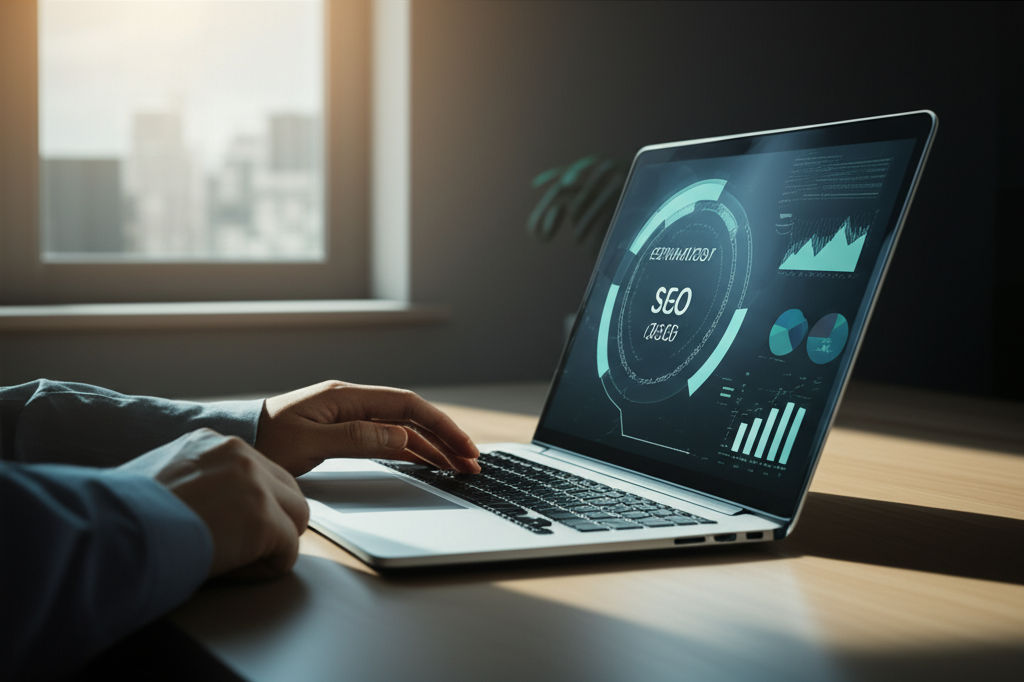
June 8, 2025
SEO Strategy to Rank Higher (2025)Master SEO in 2025! Discover essential strategies for user experience, AI, and E-A-T to rank higher and capture organic traffic.
Emily Willis

June 8, 2025
Agile Project Management for ResultsAgile project management: an iterative, flexible approach delivering continuous value & achieving tangible business outcomes through customer feedback.
Emily Willis
Economy
View AllGlobalization has a profound impact on the economies of developing countries, offering both opportunities and challenges. By increasing access to markets, facilitating technology transfer, creating jobs, and promoting cultural exchange, globalization can drive economic growth and development. However, addressing the challenges of economic inequality, loss of domestic industries, environmental impact, and cultural homogenization is essential to ensure sustainable and inclusive growth. By adopting strategic measures and fostering international cooperation, developing countries can maximize the benefits of globalization and build a brighter future
Read MoreNavigate financial markets confidently! This guide demystifies risk management, helping you protect investments, enhance stability, and secure your financial fu...
Read MoreDemystify the unemployment rate. Learn what it signifies, how it's measured, and why this economic barometer impacts your daily life.
Read MoreEntertainment
View All
August 4, 2024
The Future of Cinema: Trends in Film Production, Distribution, and Audience Engagementthe ever-evolving landscape of cinema, driven by technological advancements, changing audience preferences and innovative storytelling approaches. The exhibition explores trends such as digital filmmaking, virtual production, the dominance of streaming services, hybrid release models, and the revitalization of cinemas.
Emily Willis

August 5, 2024
Music's Evolving Landscape: Technology, Social Media, and Global TrendsThe music industry has undergone significant changes due to technological advancements, social media, and a growing global audience. The shift from analog to digital formats, the rise of streaming services, and the impact of social media on artist-fan relationships are explored.
Emily Willis

August 5, 2024
Fandom's Power: Passionate Communities and Cultural ImpactFandoms are dedicated groups of fans who come together around a shared love for a book series, movie franchise, or other interest. They provide a sense of belonging and community for individuals, particularly those who may feel like outsiders in their everyday lives.
Emily Willis
Health
View Allour minds are often overwhelmed with information and stimuli, leading to stress and anxiety. Mindfulness and meditation offer tools to cultivate inner peace and well-being. Mindfulness involves being present in the moment without judgment, while meditation involves focusing attention on an object or thought.
Emily Willis
Regular exercise is essential for maintaining both physical and mental health. It helps with weight management, cardiovascular health, muscle strength, energy levels, and sleep quality. Exercise also reduces stress and anxiety, improves mood, cognitive function, and self-esteem, and lowers the risk of depression. Different types of exercises, such as aerobic, strength training, flexibility, balance, and mind-body exercises, contribute to overall health. To start and maintain an exercise routine, it is important to start slowly, set realistic goals, find enjoyable activities, stay consistent, and listen to your body.
Emily Willis
Heart disease is a leading cause of death globally, but early detection and prevention strategies can reduce its impact. This article discusses the importance of early detection, common risk factors, preventive measures, and lifestyle changes for heart health. Understanding heart disease, recognizing symptoms, and undergoing regular screenings are crucial. Common risk factors include high blood pressure, high cholesterol, diabetes, smoking, obesity, physical inactivity, and family history. Symptoms of heart disease include chest pain, shortness of breath, fatigue, irregular heartbeat, and swelling. Diagnostic tests and screenings include blood pressure measurement, cholesterol screening, blood glucose test, ECG, stress test, and imaging tests. Preventive measures include adopting a heart-healthy diet, regular physical activity, quitting smoking, managing stress, maintaining a healthy weight, and limiting alcohol consumption. Medications and treatment options may be necessary for individuals at high risk or diagnosed with heart disease.
Emily Willis
Trending 🔥
View All
1
2
3
4
5
6
7
8
9
Lifestyle


Sports
View AllAugust 5, 2024
Sportsmanship in the Spotlight: Cultivating Respect, Integrity, and Ethical Behavior
Read MoreAugust 5, 2024
The Future of Sports: Anticipating Trends, Embracing Innovation, Shaping a New Era
Read MoreTechnology
View All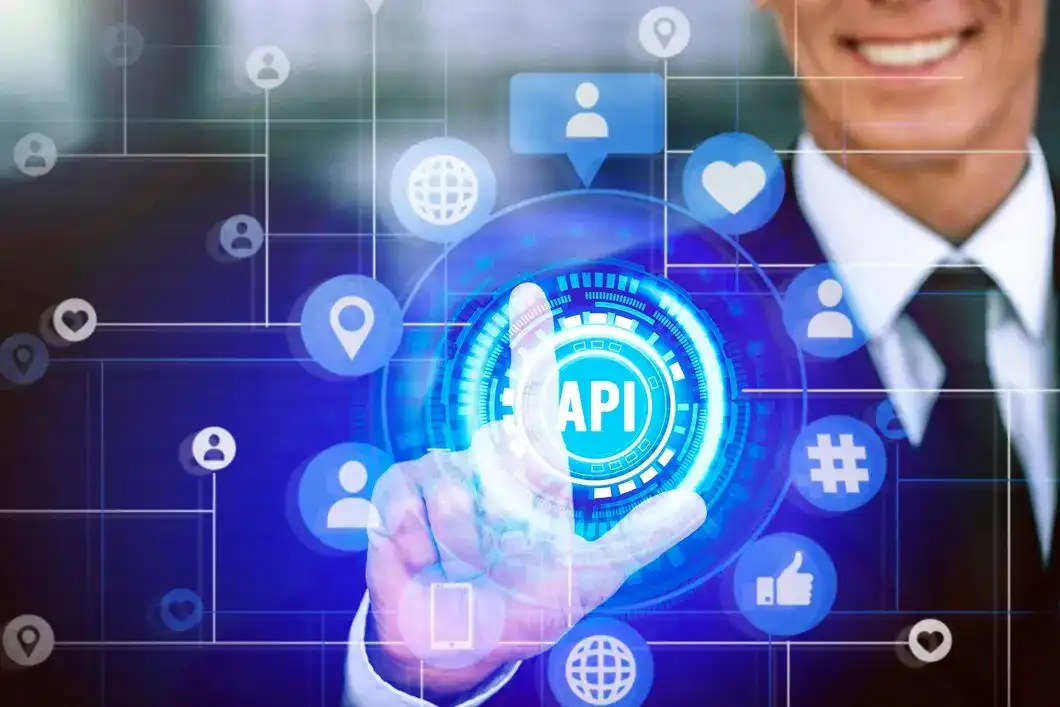
August 5, 2024
What is Blockchain and How does it Work?
Blockchain technology is a decentralized digital ledger that records transactions securely and transparently across multiple computers. Key concepts include decentralization, cryptographic security, and consensus mechanisms. Transactions are verified, grouped into blocks, and added to the blockchain through a consensus process.

August 5, 2024
Top 5 VR Headsets for PC Gaming in 2024
Discover the top 5 VR headsets for PC gaming in 2024! Immerse yourself in stunning visuals, immersive audio, and intuitive controls with these powerful VR devices. From high-end options to budget-friendly alternatives, we've got you covered on your journey to the ultimate VR experience.

August 5, 2024
AI Trend Predictions for 2024 and beyond
AI is no longer a futuristic concept, it is shaping our world at an unprecedented pace. In 2024 and beyond, AI trends are likely to dominate in various industries. Generative AI is expected to revolutionize content creation, design, and product development. In healthcare, AI will lead to personalized medicine, drug discovery acceleration, improved diagnostics, and remote patient monitoring.

August 5, 2024
Best AR Apps for Interior Design
Discover the top AR apps for interior design and transform your space with ease! From furniture placement to paint colors, these innovative tools will revolutionize the way you decorate, making your home design dreams a reality





